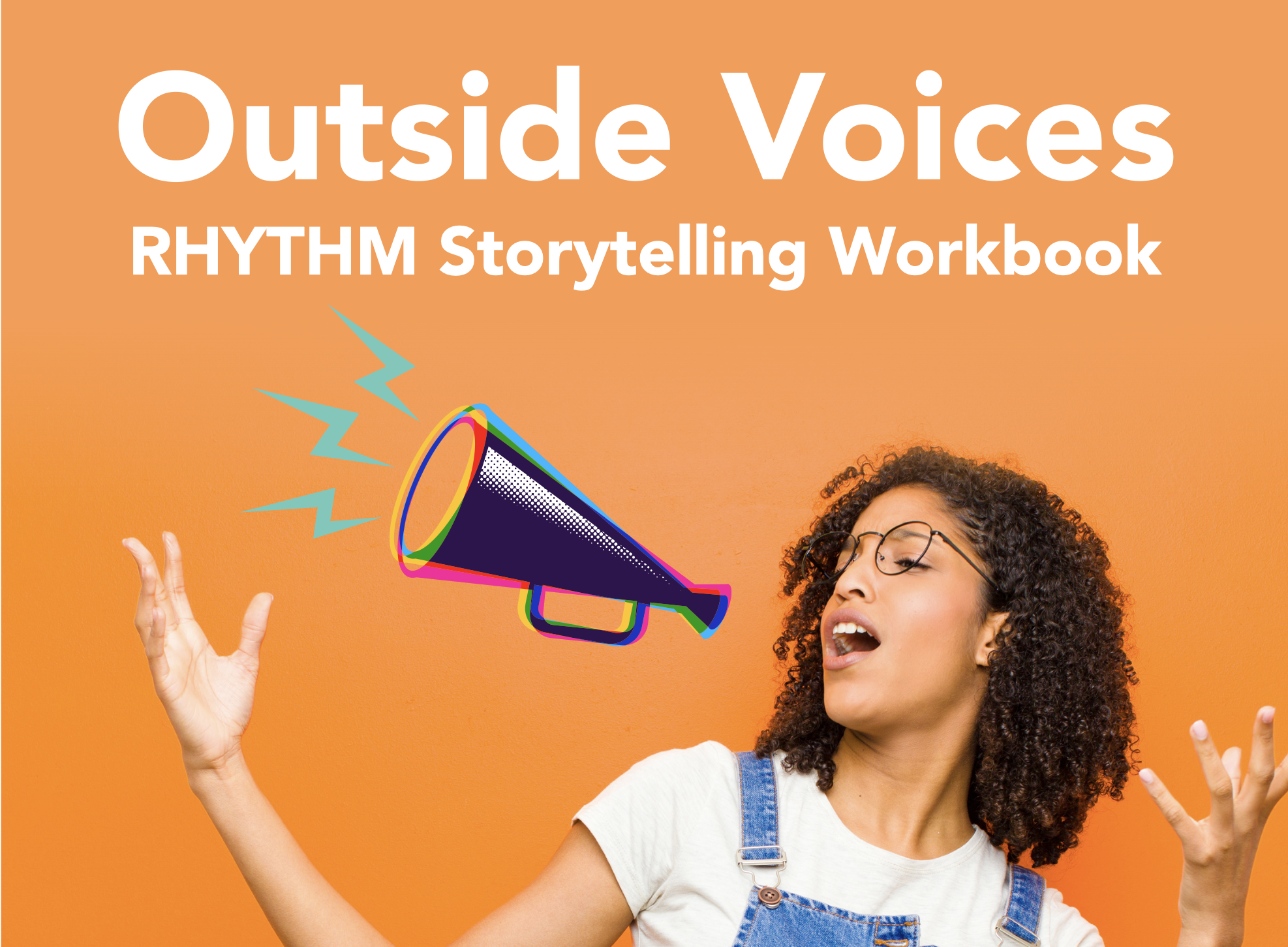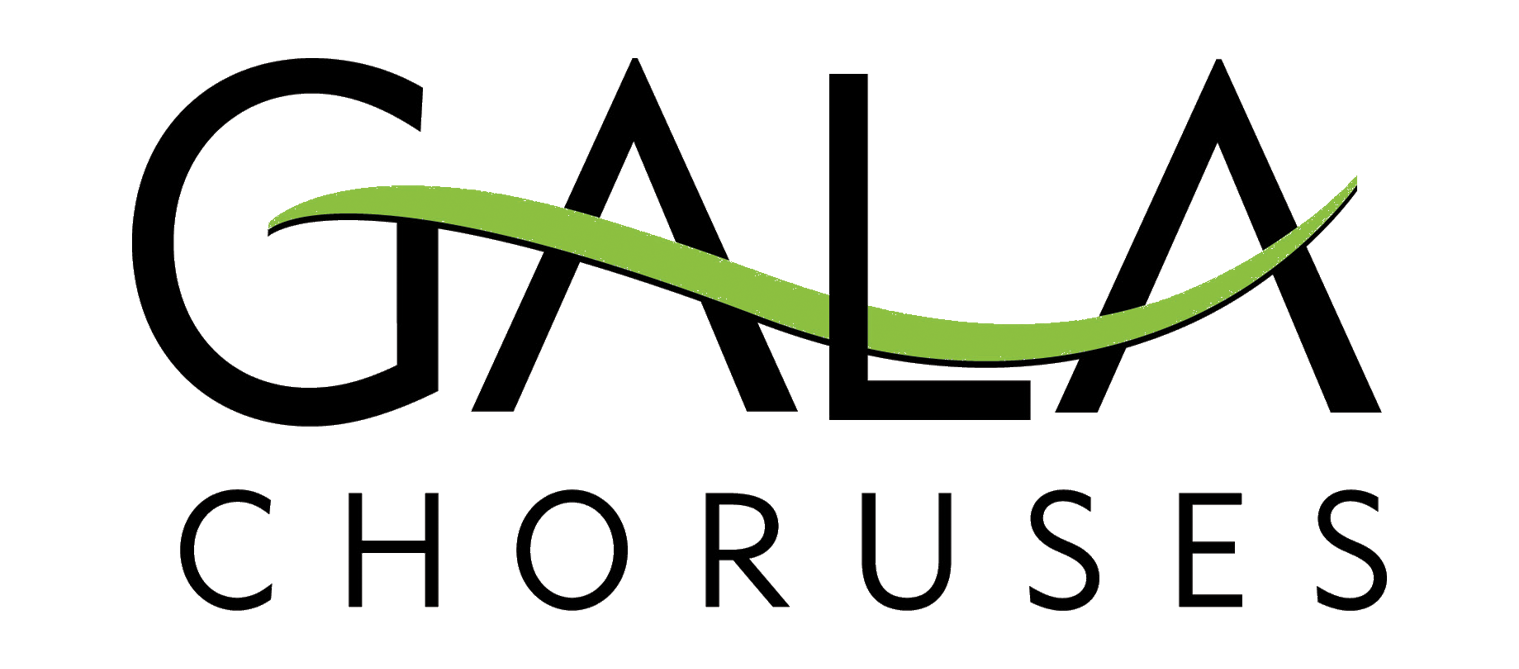The Importance of Storytelling: Students will be able to define storytelling, identify well-known stories that impact the American experience, and explain three reasons that storytelling is important to social action.

“I’m writing my story so that others might see fragments of themselves.” – Lena Waithe, screenwriter for Master of None
Lesson Plan 1: The Importance of Storytelling
Objective
Students will be able to define storytelling, identify well-known stories that impact the American experience, and explain three reasons that storytelling is important to social action.
Introduction (2 minutes)
Storytelling is innate to our humanity. It forges connection to others, providing a window into our world and a mirror to their own lived experience. Through stories, our emotions, motivations, psychology, personality and personal experience gives way to sparking others to feel something – whether joy or sadness or fear or anger. Because stories are such a critical component of being human, stories can also inspire action – either through moral imperative (think of the stories of honest Abe Lincoln or Jesus washing the feet of the disciples) or through eliciting emotions that drive us to fight for change (think of the story of Malala or Nelson Mandela). Stories, like the examples above, become part of the American experience – shared tales that define the moral compass of our community. But, we must ask the questions: What stories are not being told and why? If storytelling is truly part of the human experience, why are some stories exalted and others lost to the wind? Today, we will explore the power of stories before participating in an independent activity to identify key stories from our own lived experiences.
Do Now (6 minutes)
Select one of the following stories and spend 2 minutes writing a 2-4 sentence summary of the story.
- George Washington and the Cherry Tree
- Rosa Parks and the Bus
- The First Thanksgiving
- Malala’s Fight for Education
- Ben Franklin and the Kite
- Barack Obama’s Run for the Presidency
Discuss: Why do you think we are familiar with these stories? What lessons do these stories teach us? The popular versions of these stories are often incomplete (Rosa Parks was much more than just a tired woman – she was actively engaged in the civil rights movement and this was a planned event) or outright false (George Washington and the cherry tree, for example) – why do you think we continue to tell them?
Lesson Materials (20 minutes)
Today, we are going to work in groups to examine stories. Some of us may receive stories with which we are highly familiar, others may receive stories that we’ve never heard before or even known existed. Our goal today is to answer some key questions:
- What makes this story powerful? What emotions does this story elicit?
- What voices are elevated in this story? What identities are represented?
- Why do you think this story is or isn’t mainstream?
Below, we’ve collected poems, videos, articles, and songs related to the stories of the people mentioned – in some cases, such as in the song, “Lola” included with materials regarding Sylvia Rivera, the song was not written about Sylvia, but rather, relates to her story as a transwoman. We encourage you to search for additional media or performance art related to the stories of the people below – notice how many you can find for some and not for others – there is power in story but also power in repressing the voices of certain people, as well.
After examining the artifacts below, meet with the other group to share stories and answer the questions above.
- Hate Crimes
- Civil Rights Movement
- The Latinx Community
- Black Lives Matter
Closing (2 minutes)
Today, you had the opportunity to discover the stories of others and the ways in which their experiences, identities and activism influenced artists and communities. As homework before the next session, you will explore your own life and experience to help brainstorm a story. In the next lesson, we will work to craft that moment into a story to share with others.
Homework (20 minutes)
Before the next session, please complete this worksheet.
Here’s the full text:
IF YOU REALLY KNEW ME…
Complete the following 15 sentence starters. Each prompt should help you to brainstorm a story from a
moment or experience in your life, so put in as many details as you can – how you felt, what you saw, what
you heard, where you were, etc. Go beyond the surface – you choose how much to reveal, and remember
that the goal of your story is to elicit a response and a connection. Be prepared to share at least 3-5 of your
prompts with members of the group.
- If you really knew me, you would know that I am afraid of. . .
- If you really knew me, you would know that I am proud of. . .
- If you really knew me, you would know that that hardest thing I have ever done is. . .
- If you really knew me, you would know that my biggest dream is. . .
- If you really knew me, you would know that the person I feel closest to is _ because…
- If you really knew me, you would know that if I am most scared of. . .
- If you really knew me, you would know that my heritage is. . .
- If you really knew me, you would know that my family. . .
- If you really knew me, you would know I really love. . .
- If you really knew me, you would know I feel safe when. . .
- If you really knew me, you would know that I am really passionate about. . .
- If you really knew me, you would know that my biggest regret is. . .
- If you really knew me, you would know that I hate. . .
- If you really knew me, you would know that if I could change one thing about myself it would be. . .
- 15) If you really knew me, you would know that I want people to look at me and think. . .
